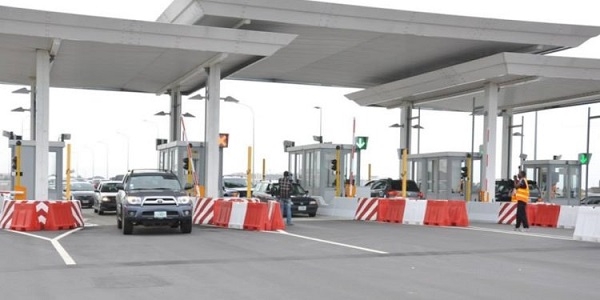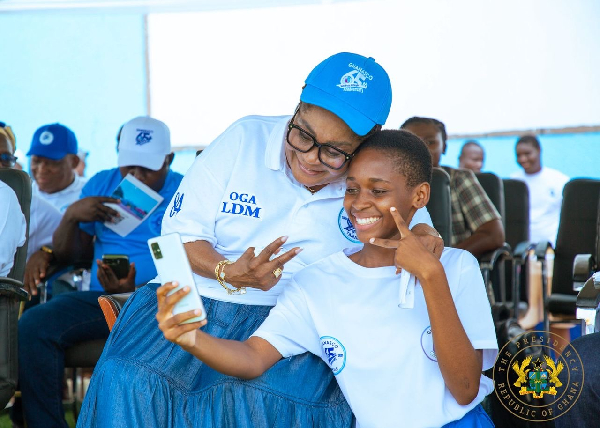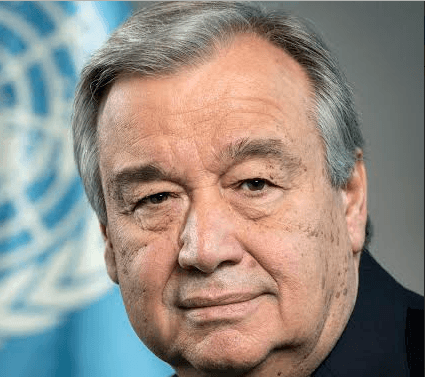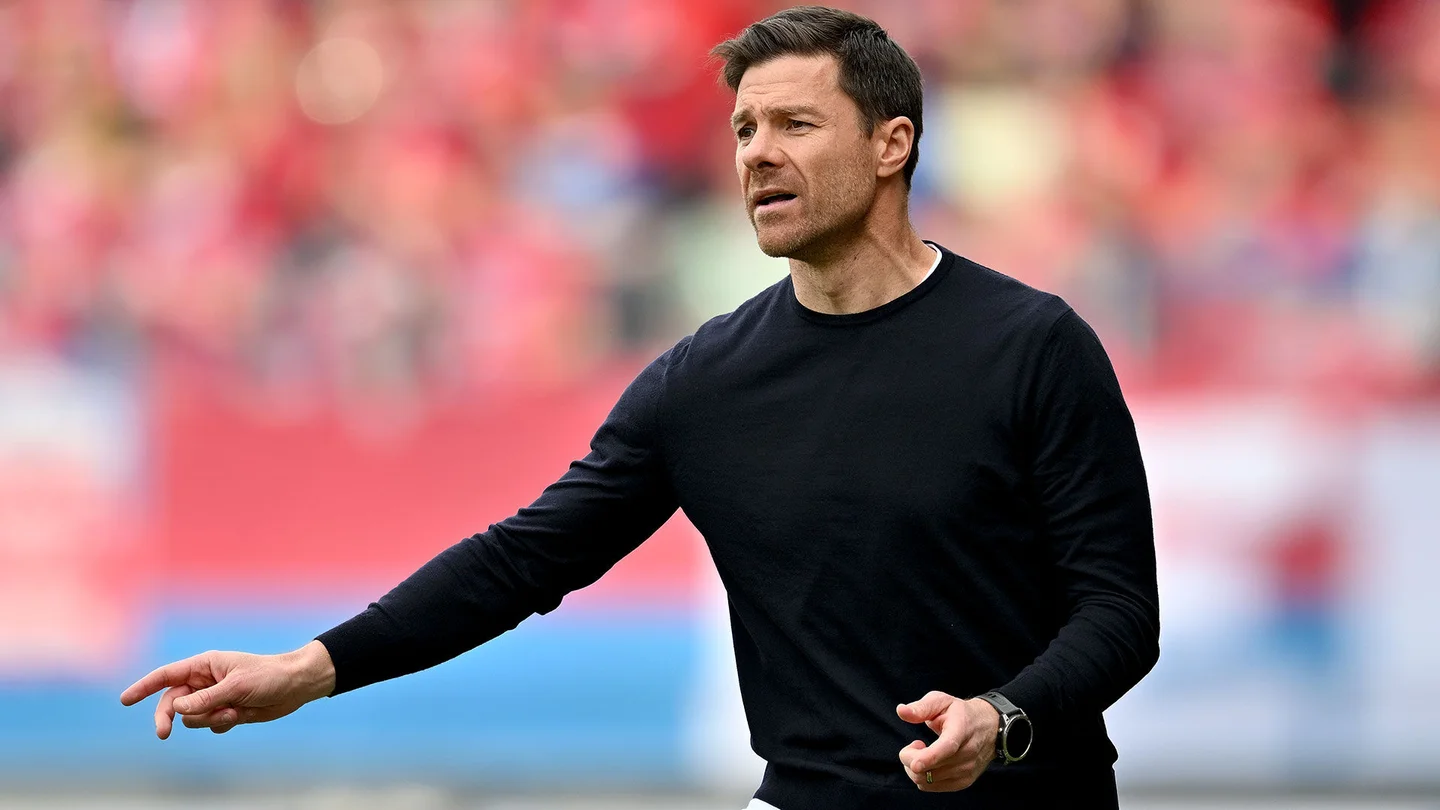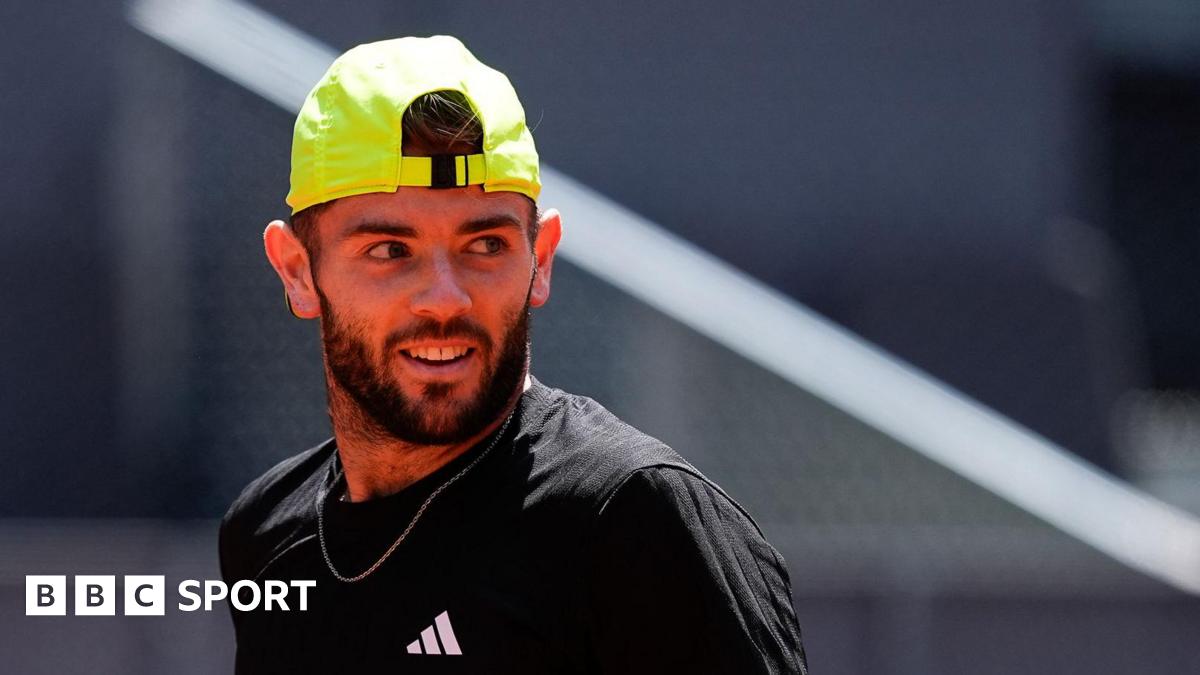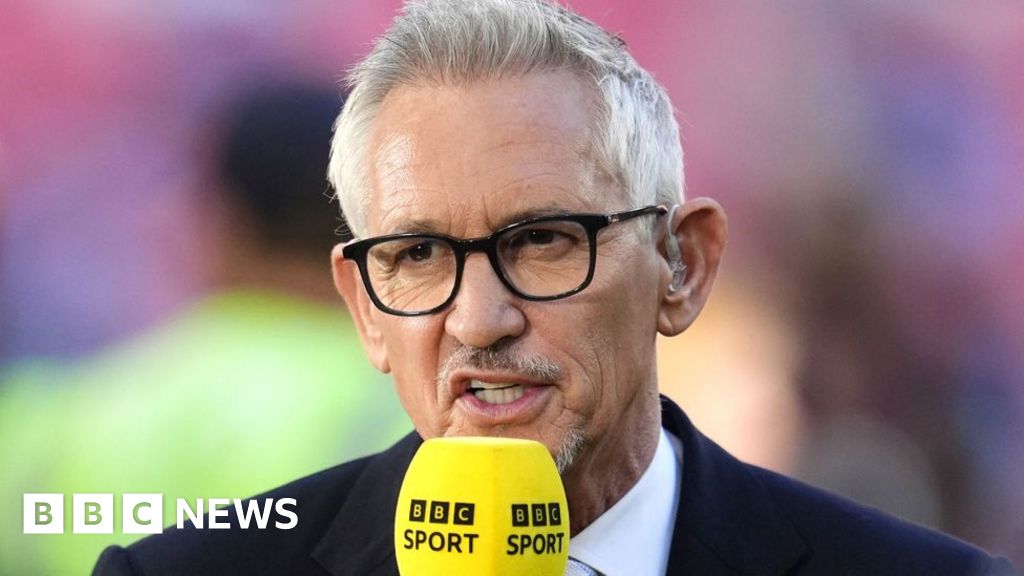"Germany Deploys 5,000 Troops for First Foreign Mission Since World War 2 to Confront Putin"
GERMANY launched its first deployment of troops to foreign soil since World War Two on Tuesday.
In a break with history, Berlin announced a 5,000-strong armoured brigade in Lithuania to face down the growing threat from land-grabbing Putin.




Ever since the Nazis dragged Europe into war, Germany has flatly rejected militarisation.
But Russia’s brazen aggression over the past three years has removed pacifism from the table.
Germany has taken the decision to join her Nato allies in defending Europe’s eastern flank against Putin.
A new unit forged especially for the mission, the 45th Armoured Brigade, was formally activated in a ceremony outside Lithuania’s capital, Vilnius.
A temporary headquarters was set up, under the command of Brigadier General Christoph Huber, and the brigade’s crest unveiled.
Huber informed German journalists that their primary objective is to guarantee the safety, independence, and protection of their Lithuanian partners on NATO’s eastern border.
“In doing so, we also protect NATO territory — and Germany itself.”
Berlin pledged to send its own reinforcements to Lithuania back in 2023.
Even though Lithuania does not share a direct border with Russia, it does have a nearly 700km border with Belarus, a close ally of Putin, and is situated near Russia’s heavily militarized enclave of Kaliningrad.
It is also acknowledged as being at heightened risk from Putin’s warmongering, alongside it neighbours Latvia and Estonia.
Empty tank found in swamp in hunt for four US soldiers feared dead after Nato drills on Putin ally’s border
The unit will be firing on all cylinders by 2027, and will eventually relocate to a permanent base in Rūdninkai, 30km south of Vilnius.
It will consist of front-line forces as well as support resources – such as a medical centre, signallers and command support teams.
As of now, there are 150 Germans stationed in Lithuania, and the figure is expected to swell to 500 by the end of the year.
Despite no direct conflict with Russia, Lithuania has already been feeling the pain of Putin’s underhand meddling.
The authorities disclosed that Russia was responsible for a malicious scheme to attack an Ikea store in Lithuania, citing the reason as the similarity of the store’s logo colors to those of the Ukrainian flag.
Russia is also suspected to have planted explosives on a DHL cargo plane that crashed down in Vilnius.


The deployment coincides with a massive boost to military investment in Germany.
Parliament voted to exempt defence spending from strict rules on debt – clearing the way for a major cash dump.
A £420billion infrastructure fund was created, from which Germany’s military will be able to draw.
The country’s top general, General Carsten Breuer, said he doesn’t believe Russia will stop at Ukraine – so the spending is vital.
He told the BBC: “We are threatened by Russia. We are threatened by Putin. We have to do whatever is needed to deter that.
“It’s not about how much time I need, it’s much more about how much time Putin gives us to be prepared. And the sooner we are prepared the better.”
Markus Zeiner, of the German Marshall Fund in Berlin, reflecting on the policy pivot, said: “We started two world wars.
“Even though it’s 80 years since World War Two ended, the idea that Germans should stay out of conflict is still very much in many people’s DNA.”
